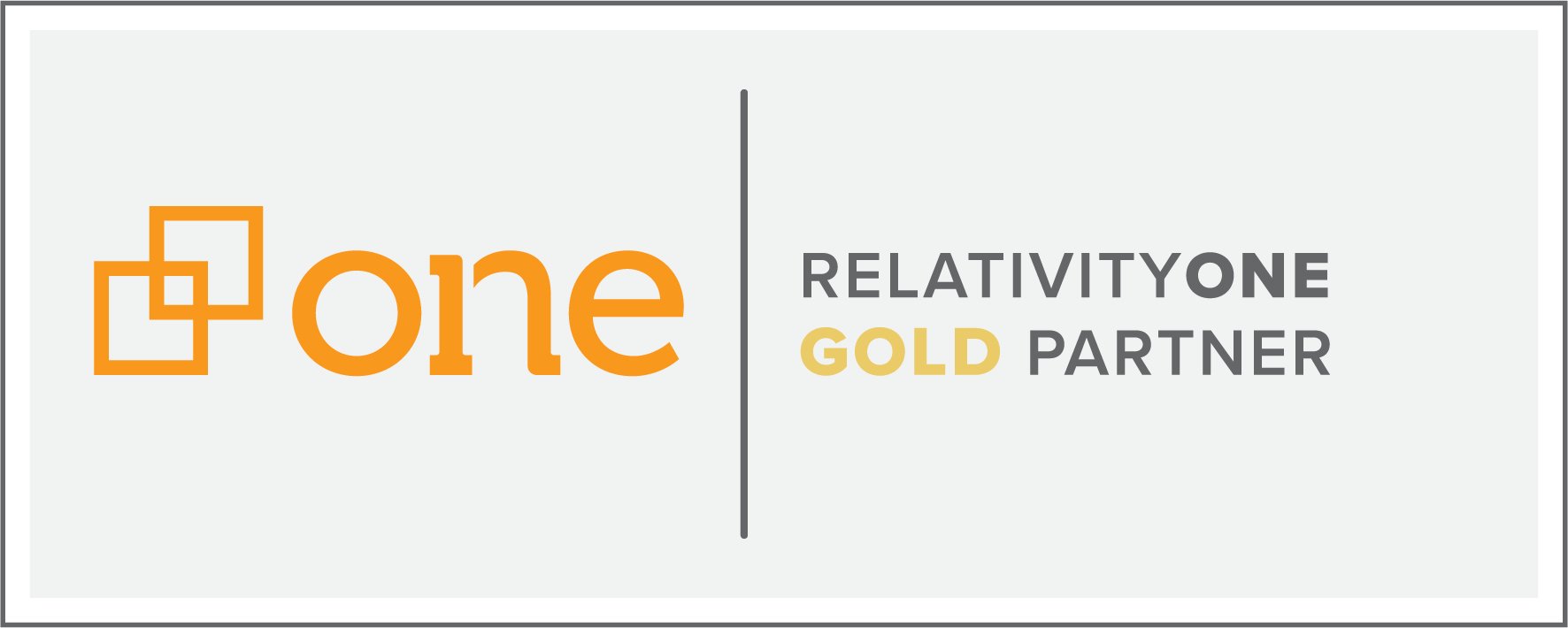Nine great industry news stories from this week you may have missed.
.png?width=787&name=Friday%20Top%209%20Feature%20Image%20(14).png)
Relativity Fest
Relativity Fest is almost here! This much-anticipated event is taking place from October 20-23 in Chicago, IL, and is expected to bring in 2,000 members of the legaltech community. If this is your first time attending, be sure to check out the list of Everything First Timers Should Do Before, During and After Relativity Fest. To stay up to date on what's going on, follow the #RelativityFest hashtag on social media throughout the conference and keep an eye out for the Ricoh eDiscovery team. You can learn more about our panels and exclusive Customer Appreciation Party in our latest blog.
Why Sending Work Emails to Your Personal Account Threatens Data Security
According to Tech Radar, two thirds of UK employees have forwarded a work email to their personal, free mail account. While many emails containing travel plans or even a recipe your coworker sent you may seem harmless to forward, each time you send yourself an email from work you could be posing a cyber security threat.
Boeing, for example, faced scrutiny after an employee shared a spreadsheet containing the personal information of 36,000 coworkers with his spouse, simply because she was "better at Excel formatting than him."
There will always be reasons for people to bend the rules and leak data outside of their organisation, whether it be maliciously or out of convenience. Remember, the consequences for doing so could be devastating for your company including huge fines, loss of competitive advantage and a damaged reputation.
Canadians Aren't Taking IoT Security Seriously Enough
Do you know where your data will be going before you purchase a device? A recent study shows that only 29 per cent of Canadians research the answer to this question. More troubling, only 42 per cent of Canadians turn off needless features that collect data. Already there are 7 billion IoT devices and this number is expected to grow to 21 billion by the year 2025. Learn more about the report's findings and how you can keep your data secure in IT World Canada's article.
AI and "Common Sense"
We keep hearing how "smart" machine learning is, but does AI have common sense? Deep Learning algorithms use Neural Networks to learn from data that's been generated by humans which, for example, could be collected from social media or e-commerce buying behaviours. But, could a machine make a fair judgement on the difference between a genuine Tweet and a nasty one by an internet troll?
Learn how researchers are working to develop sophisticated methods for AI to "unlearn" data in order to detect context more effectively in Forbes' article AI Bias Adds Complexity to AI Systems.
Facebook's Plan to Catch Security Bugs
According to WIRED, Facebook is sweetening the deal for hackers who catch security bugs. In 2018, Facebook began offering bounties to those who caught bugs in their third-party services. Now, they're offering bonuses from $1,000 to $15,000 to those who are able to catch bugs within their native products such as Messenger, Oculus and WhatsApp. Learn the full details of the bug bounty program here.
Tech Skills Matter More Than Soft Skills in Legal Hiring
.png?width=787&name=Untitled%20design%20(27).png)
Via Staffing Industry Analysis
When it comes to the legal field, hiring decisions are now influenced more by candidates' technical abilities rather than their soft skills. In a survey conducted by Robert Half Legal, 62 per cent of the U.S. lawyers surveyed responded that technical skills were "much greater" or "somewhat greater" in importance versus nontechnical or soft skills. The survey also found that cybersecurity ranked as the number one area that candidates needed to be versed in. Learn the full details of report in SIA's article.
Robot Lawyers
Are they among us? A number of intelligent review services already use machine learning and AI to track keywords and lessen the workload of lawyers and paralegals. But, what about document drafting, case administration and legal research? In the new book, New Suits — Appetite for Disruption in the Legal World, the authors go so far as to create a chart that breaks down each legal task and the likelihood of it becoming impacted by automation. Their advice? "Act now, from a position of strength, rethink your IT strategy, free from preconceptions, and be bold enough to not only consider radical change but actually realize it."
Find out how the high-level analytical tasks performed by lawyers could in fact be replaceable in Above the Law's recent article.
What Makes an Image Meaningful?
Aside from an image's alt text, not many people know how or why Google Images determines their search results. In a bid to render AI's decision making more transparent, a team from Google and Stanford University are exploring a machine learning model that automatically extracts the "human-meaningful" visual concepts. Learn more about the CE model and how it's working to extract exceptionally complex concepts in image recognition.
Online Banking Scams
Most of us like to think that we wouldn't fall for a phone scam, but Pieter Gunst — technology lawyer and CEO of Legal.io — took to Twitter to share his story of how he was almost duped. When a person, claiming to be from his bank, called him to say his account was experiencing a fraud attempt he was quick to comply with their requests. Learn the chilling details of this sophisticated phishing attempt in CBC's recent article.



.png?width=787&name=Untitled%20design%20(9).png)

.png?width=787&name=Untitled%20design%20(26).png)

.png?width=787&name=Untitled%20design%20(24).png)

.png?width=787&name=Untitled%20design%20(31).png)

.png?width=787&name=Untitled%20design%20(23).png)


.png?width=787&name=Untitled%20design%20(28).png)

.png?width=787&name=Untitled%20design%20(30).png)

.png?width=787&name=Untitled%20design%20(22).png)






